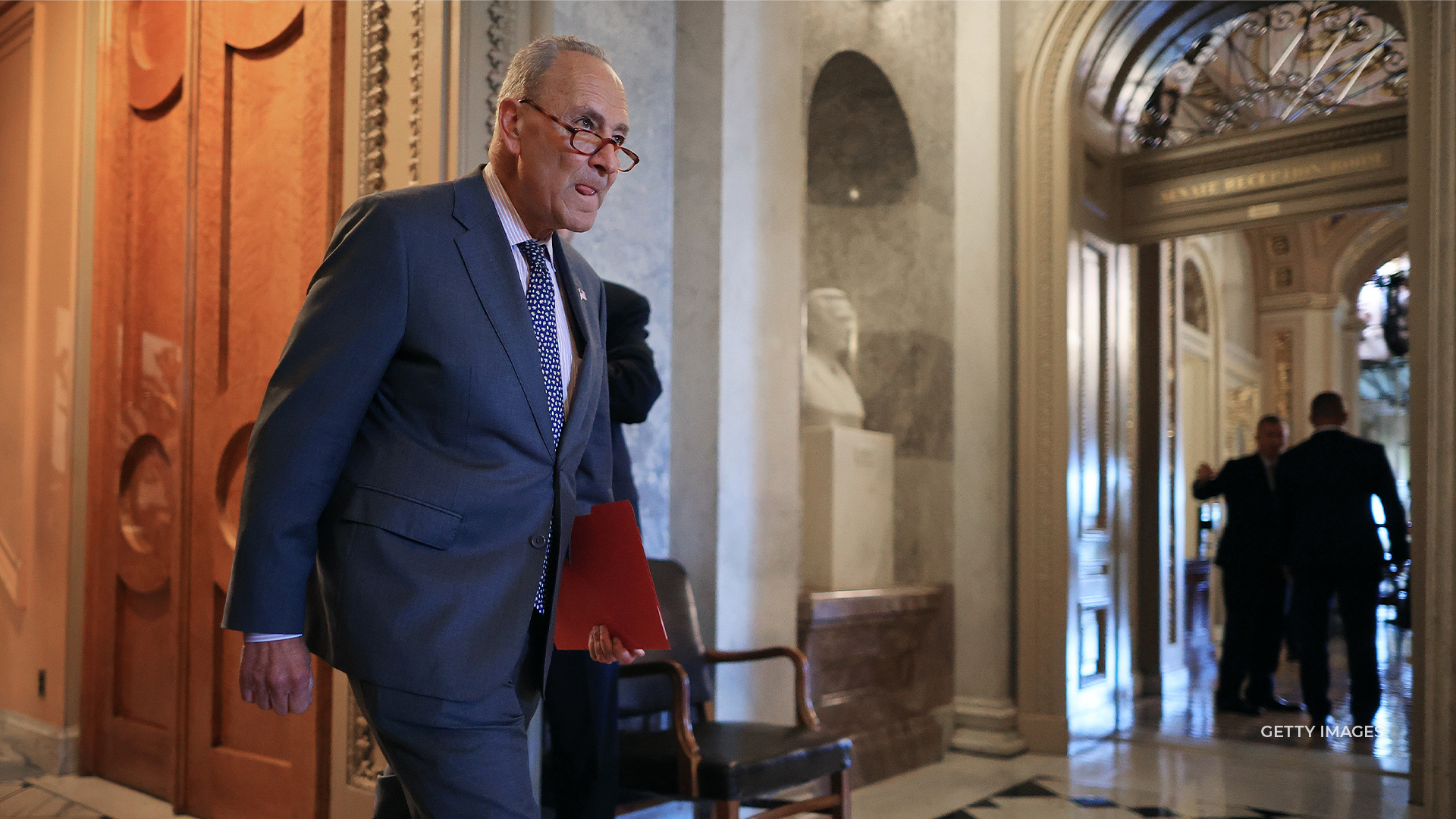
Sen. Mitch McConnell, Minority Leader:
“Today, the Democratic leader appears to be intent on calling a vote he knows will fail. For several weeks now, Republicans and Democratic senators have been working together trying to assemble a bipartisan package for our nation’s infrastructure. It’s an important and a complex subject. They’re talking about big projects and big sums of money. They’re still talking, still working, still negotiating in good faith across the aisle. But these discussions have yet to conclude. There’s no outcome yet. No bipartisan agreement, no text, nothing for the Congressional Budget Office to evaluate. And certainly nothing on which to vote, not yet. So obviously, if the Democratic leader tries to force a cloture vote on a bill that does not exist, it will fail. Around here, we typically write the bills before we vote on them. That’s the custom. Now we’re talking about long term infrastructure investments that will pay out over many years. But he wants to vote before any agreement even exists. So this stunt is set up to fail. The Democratic leader will be free to change his vote and move to reconsider whenever a bipartisan product actually exists.”










